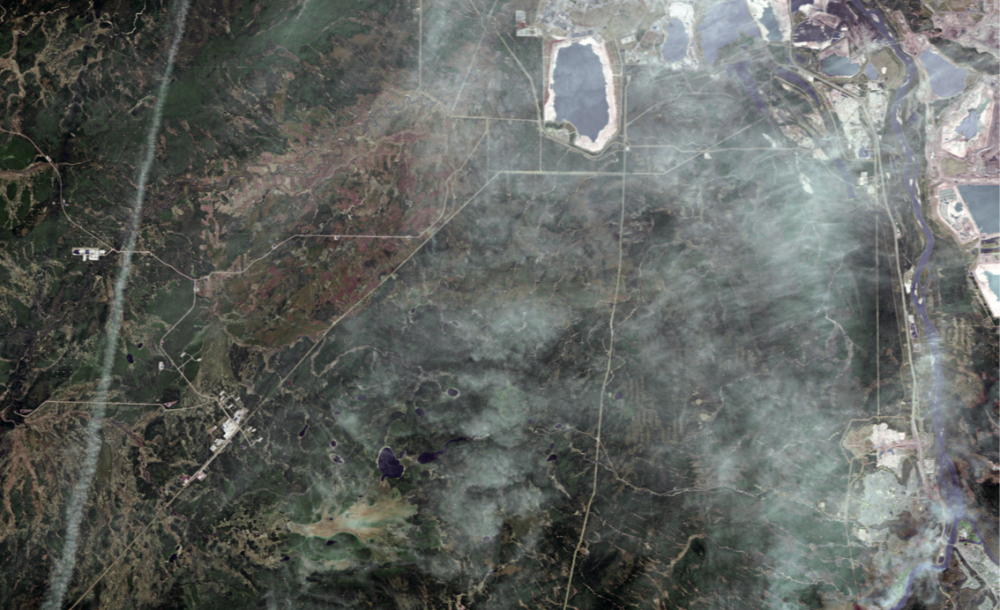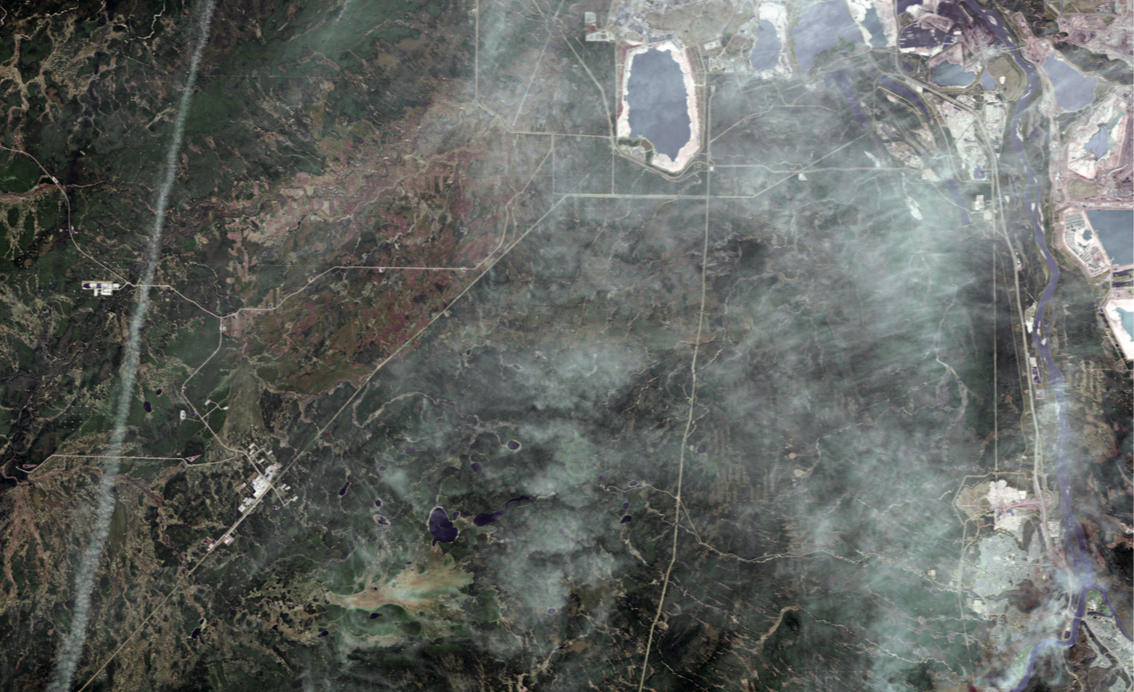
Summertime in Western Canada always carries with it the risk of forest fires. The Fraser Valley is no stranger to this and last summer saw massive clouds for days on end from the Pemberton fires. It’s something we’ve come to treat with momentary disdain before continuing on with our regular routines. However, our Albertan neighbours have had to make significant changes in response to the raging fires that continue to plague Fort McMurray and have spread to other areas of the province.
Though the Fort Mac fires aren’t comparable to anything here in B.C., the location of the fires — around the oil sands which have been such an attractive employment area and an economically vital region to both Alberta and Canada as a whole — mean that these fires carry with them the potential to leave long-lasting scars on the region itself and on the Canadian economy.
The Cascade sat down with Jonathan Hughes, an associate professor in the geography department here at UFV, to learn a little bit more about the Fort Mac fires.
What do you see the long-term effects of the fires being?
I think it’s more of an economic impact actually, a lot of the workforce for the oil fields was based in Fort McMurray, and it’s a hub of support for the oilfields. With that town in upheaval because of the fires, there’s not that support, there aren’t the workers, so that has an economic impact above and beyond the fires. A side effect.
A pretty harsh one for Alberta — they were already struggling with the price of the oil, and they had problems getting the oil and distributing it properly, so now the fires are another impact to their provincial economy, which will have ramifications for the national economy.
What about the environment in that area?
The boreal is sort of interspersed with all sorts of bog habitats: bogs, swamps, and mires, that sort of thing. It has a thick carbon accumulation in the form of peat deposits.
So in places where the fire burns so intensely, which this fire did, then that can ignite the peat and the peat can burn for a very long time. Usually that peat is basically sequestered carbon, it’s not going back into the atmosphere. It’s an anaerobic environment — the wetlands are inundated with water throughout the year, so that carbon stays, essentially, intact and inert in that system.
But when burned it’s released into the atmosphere — and that’s true of all the trees and organic material that got burned in the fire. The peat can also burn for a long time, it’s hard for it to go out once it catches. That might lead to some places where there are lingering sources of fires, and lingering impact.
What would the peat deposits burning do to the area’s overall carbon emissions?
A punctuated release means that, for that time, there would be a lot of carbon released. But you might look at the fire through the impact it’ll have on the oilfields, as the field’s production is reduced — maybe then the total amount of carbon will also have reduced, as the oilfields won’t be contributing to that.
The ash from the fire could also cause damage to the water supplies and air quality, right?
It would clear the slopes of vegetation around the area, and then the soil is eroded that much more readily by rainfall, which causes increased sedimentation into the rivers. And where you have soils that are particularly rich in certain heavy metals or other sort of things, naturally occurring and artificial, then that can make its way into the streams and that can impact aquatic wildlife, and water supplies. It’s something to keep in mind for sure.
How do you see this affecting us beyond the daily news reports we’re seeing?
This is in many ways an unprecedented fire, maybe the largest fire of its kind in recorded history, and I think that it might be the greatest natural disaster in Canadian history, in terms of the economic impact. So there’s going to be a lot of research, not only in the political-economic side, but in the environmental. There’s a lot of contamination in that area, and I don’t know what happens to that when it’s heated, and how it gets distributed.
I’m pretty sure there’s a lot of uncertainty and there are going to be a lot of thesis projects and funding to look at that, how it gets recolonized and the best management for those lands. Essentially, how do we rebuild?
This interview has been edited for length and clarity.


